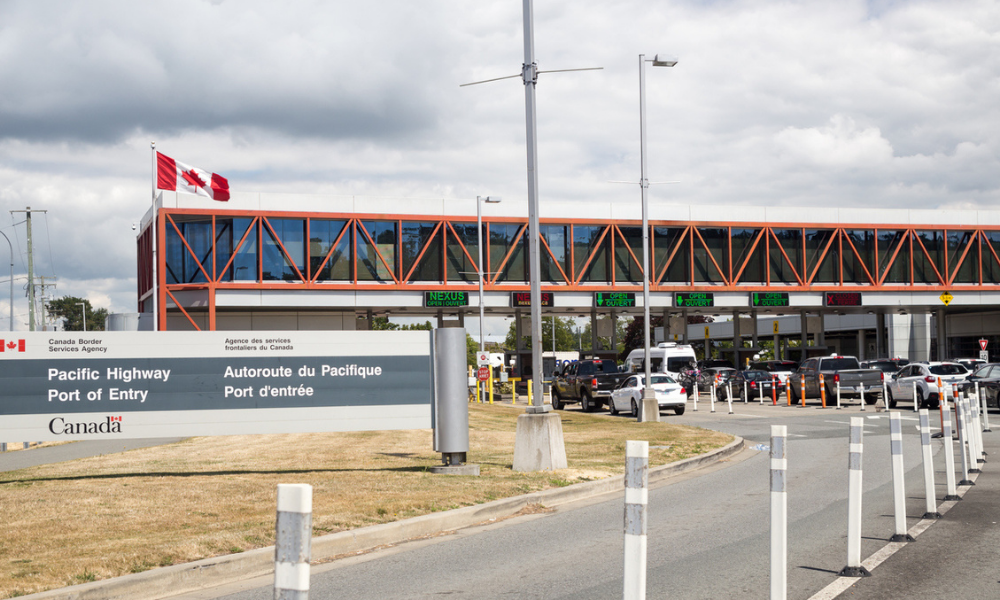
Proposed legislation to create new threshold to allow for check of devices

The federal government has introduced legislation to protect the privacy rights of travellers whose digital devices are examined upon entry into Canada, the Canada Border Services Agency announced.
In Oct. 2020, the Court of Appeal of Alberta ruled in R v. Canfield, 2020 ABCA 383, that s. 99(1)(a) of the Customs Act was unconstitutional to the extent that it imposed no limits on the searches of electronic devices at Canadian borders.
With this, Senator Marc Gold tabled Bill S-7 to strengthen the current framework governing the examination of travellers’ digital devices by CBSA officers and United States Customs and Border Patrol preclearance officers operating in Canada.
The bill proposes legislative changes to the Customs Act and the Preclearance Act, 2016, which include creating a new threshold that border agents must meet before examining digital devices at borders.
“As all examinations of personal digital devices must respect privacy rights under the Canadian Charter of Rights and Freedoms, the Government of Canada is moving to create clear and stringent standards surrounding them,” the CBSA said.
Under the bill, customs officers will be authorized to examine documents such as emails, text messages, receipts, photographs, or videos, stored on an imported or soon to be exported digital device, only if they have a “reasonable general concern” that the Customs Act might be violated for one or more of the documents.
The bill will also allow preclearance officers to examine, search, and detain similar documents stored on a digital device that is in possession of a traveller bound for the U.S. only if they have a “reasonable general concern” that U.S. laws on importation of goods, immigration, agriculture, or public health and safety might be breached concerning one or more of the documents.
According to the CBSA, the government intends to advance the bill expeditiously since digital device examination can be “highly effective” to protect people’s health, safety, and security across the country.
“The proposed updates to the legislation will institute clear and stringent standards that must be met before a traveller’s device can be searched, while ensuring that the CBSA can continue to fight serious crimes like child pornography and keep our borders secure,” Minister of Public Safety Marco Mendicino said.